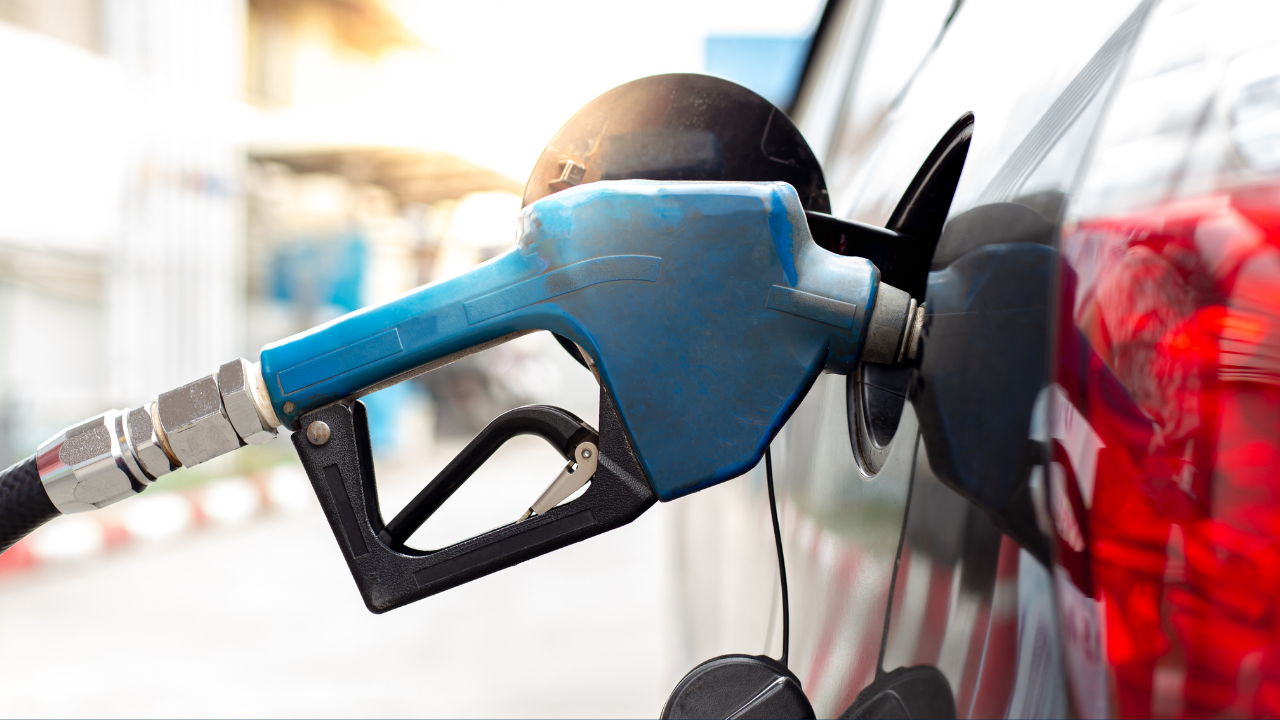MANILA, Philippines—Oil taxes collected by the government with the help of fuel marking further rose to P384.8 billion as of mid-March, Finance Secretary Carlos Dominguez III said on Tuesday (March 15).
Dominguez said oil import duties and excise since the fuel marking program started in September 2019 until March 11 of this year were generated from a total of 38.3 billion liters of tax-paid products.
To date, the Bureau of Customs (BOC) collected P354.9 billion in tariffs from imported oil while the Bureau of Internal Revenue (BIR) had contributed P29.8 billion in excise as of the end of last year.
In terms of volume, fuel-marked diesel accounted for 60.7 percent of tax-paid oil to date, equivalent to 23.2 billion liters. Fuel-marked gasoline reached 14.9 billion liters while tax-paid kerosene volume hit 200.9 million liters.
Nearly three-fourths of the marked oil volume was in Luzon, with 28.2 billion liters to date. Tax-compliant oil volumes in Visayas and Mindanao reached more than eight billion liters and 2.1 billion liters.
Among the 28 companies participating in the fuel marking program, the biggest volume belonged to Petron — 9.3 billion liters or nearly one-fourth of the total.
Fuel marking entailed injecting a chemical marker signifying correct tax payments. It was aimed at curbing oil smuggling.
Before the Tax Reform for Acceleration and Inclusion (TRAIN) Act—which implemented fuel marking—took effect in 2018, government and industry estimates had shown that foregone revenues from smuggled oil were equivalent to over half of actual duties and taxes collected by the BOC and the BIR, or about P27-44 billion annually.


